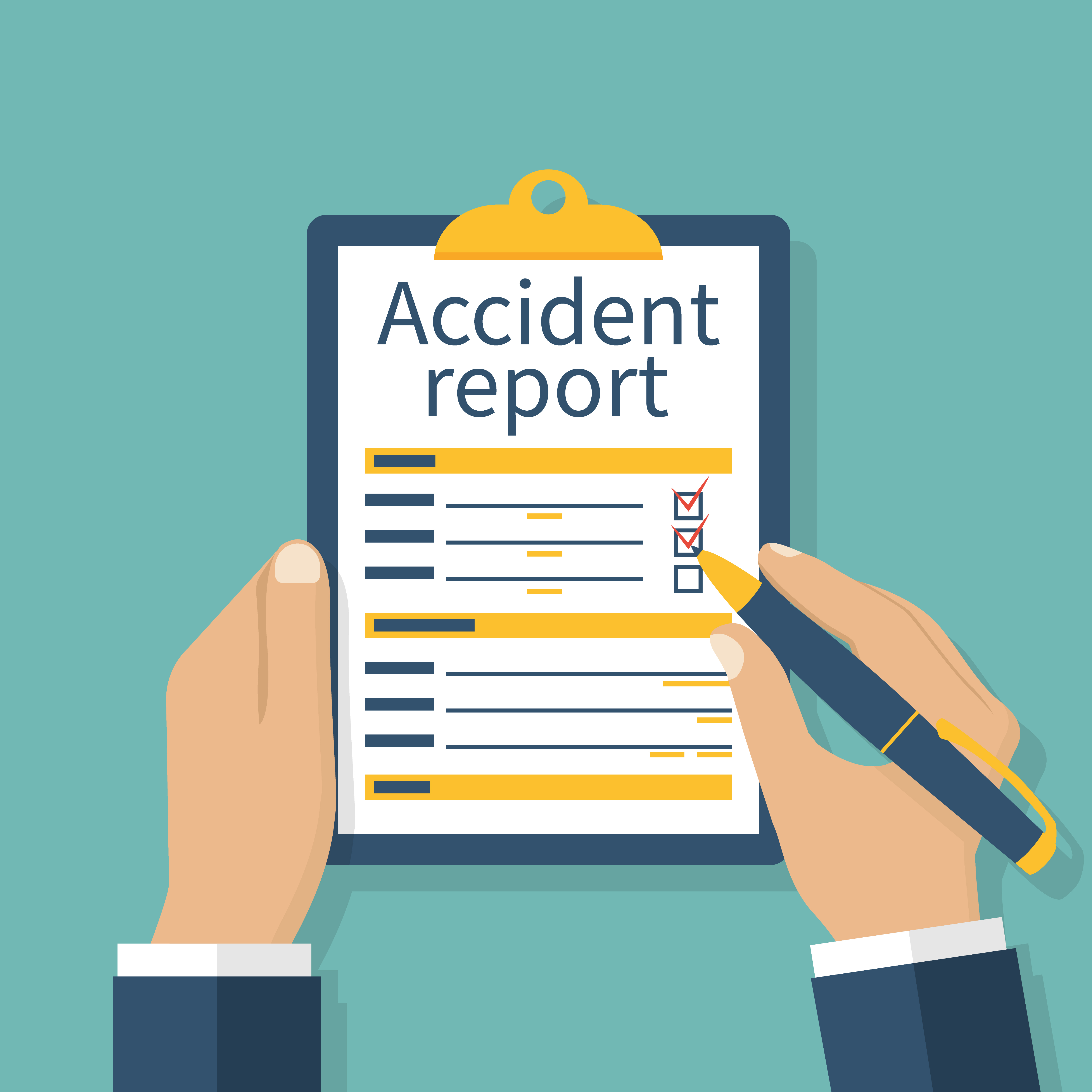RIDDOR stands for Reporting of Injuries, Diseases and Dangerous Occurrences Regulations 2013 RIDDOR requires deaths and injuries to be reported only when: There has been an accident which caused the injury The accident was work-related The injury is of a type which is reportable The HSE defines an ‘accident’ as: In relation to RIDDOR, an accident is a separate, identifiable, unintended […]
